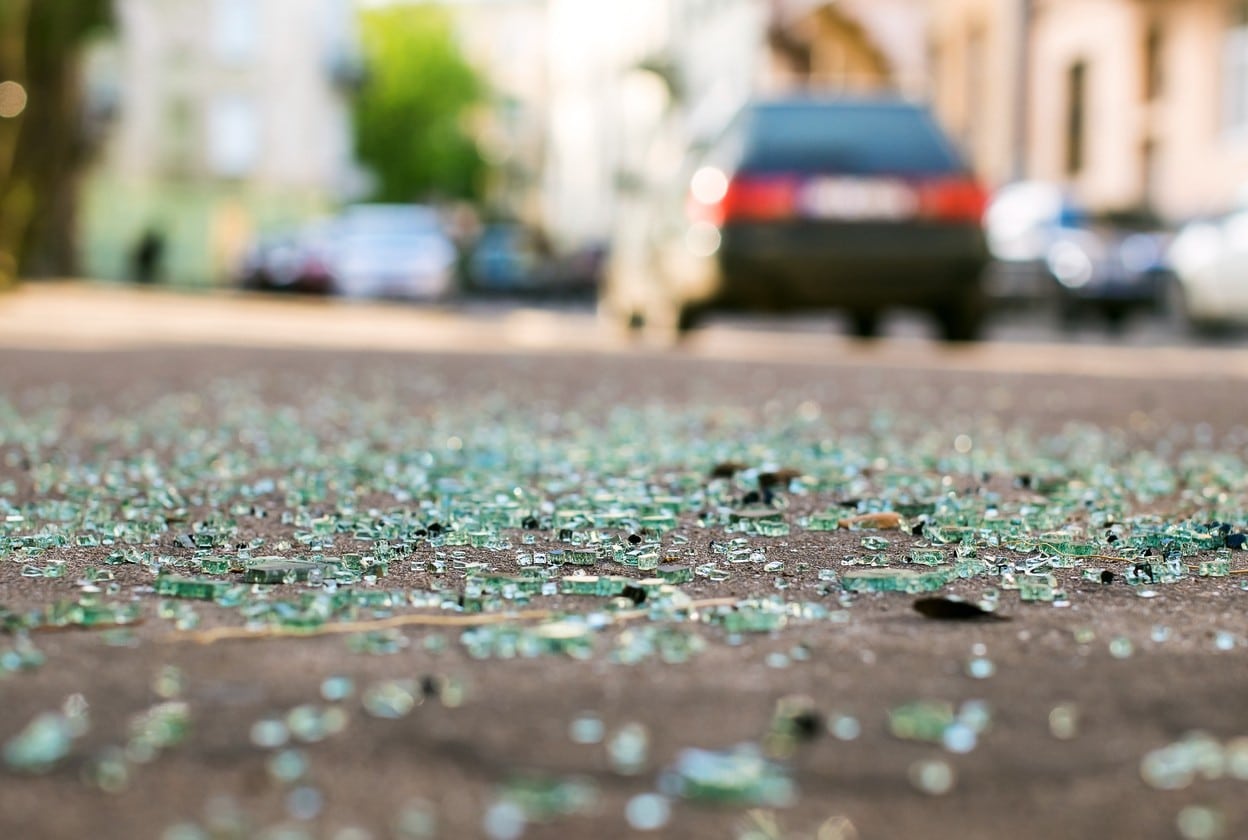
Has the Ohio Statute of Limitations for Car Accidents Changed? In the early days of the Covid-19 pandemic, Governor DeWine signed Ohio House Bill 197, which tolled all criminal and civil statutes of limitations that were set to expire between March 9th and July 30th, 2020. Because the tolling provision was set to expire on either July 30th, 2020, or when Governor DeWine lifted his emergency declaration, the statutes will be lifted when the state of emergency ends in the state of Ohio. Additionally House Bill 197 tolls any aspects of discovery or other criminal and civil time limitations or deadlines. Later, on April 14th, the Ohio Supreme Court issued a subsequent order addressing the time requirements established by the Rules of Practice of the Supreme Court. While these decisions impact many different types of cases, they will have a profound impact on individuals in the state who are involved in car crashes.
Statutes of limitations refer to laws that provide a time period that parties engaged in a dispute have to initiate a lawsuit or assert a claim. In Ohio, the statutes of limitations vary greatly depending on whether the matter is civil, criminal, or administrative as well as the type of dispute that is involved. The purpose behind the statute of limitations is to require prompt prosecution of claims to provide predictability in legal decisions. The statute of limitations for car accidents in Ohio is two years from the date that an accident occurs. With few exceptions, a person cannot claim compensation after these two years have expired.
New measures have been put in place to reduce the impact of the COVID-19 pandemic. Changes have affected the operation of the entire Ohio judicial system as well as the ability of courts to satisfy various timelines. Although courts have some ability to address time requirements like the power to issue continuances, additional changes were needed to address the current extraordinary circumstances.
The act of tolling refers to freezing time from the date that tolling commences, which in this case is March 9, 2020, until the tolling order expires. Remember, the law tolls only those time requirements that are scheduled to expire during the emergency period.
Considering the following two examples of how tolling might work in a car accident:
Remember, that even though the legislation might toll a time requirement, an action or case is not required to pause entirely during the emergency period. Instead, the tolling change simply pauses time requirements. Additionally, the legislation does not prohibit other parties in a case or local courts from voluntarily complying with time requirements that apply to the party or local court. The order even states that it does not prevent filings during the duration of the order provided that a local court can still receive filings and if it is done so in relation to a matter requiring immediate attention.
A situation requiring immediate attention refers to cases involving child safety, which for the purpose of car crashes might involve the impaired operation of a motor vehicle or any other matter that involves the immediate safety and welfare of individuals.
The March 27th order had the effect of tolling all-time requirements imposed by Supreme Court rules. The April 14th order, however, reinstated only the time requirements in the Rules of Practice of the Supreme Court. As a result, all other Supreme Court-imposed time requirements are still tolled for the entirety of the March 27th order.
If someone else caused your Ohio car accident, it is important to remember that you have a right to pursue compensation. Contact Kruger & Hodges to schedule a free case evaluation with an experienced car accident lawyer.
Middletown, OH Personal Injury Attorneys
Car Accidents in Middletown
Eaton, OH Motorcycle Accidents
Middletown, OH Pedestrian Accidents
Uber Accident Attorneys
Eaton, OH Truck Accidents
Head Injuries
Spinal Injuries
Scarring due to Car Accidents
FAQ: Can my attorney access traffic camera footage of my accident?
FAQ:If I’m injured in a car accident with an uninsured motorist, can I be compensated?
FAQ: Is Road Rage Negligence in a Car Accident?